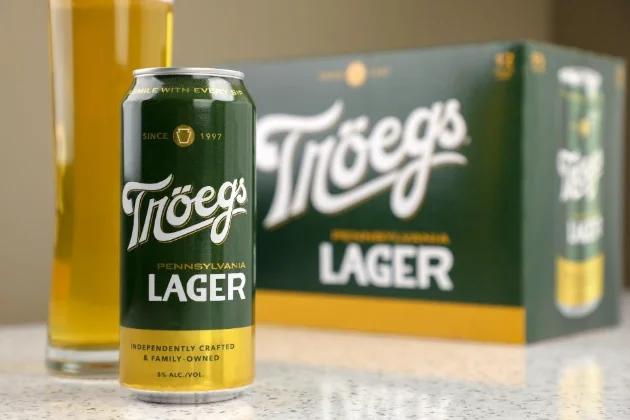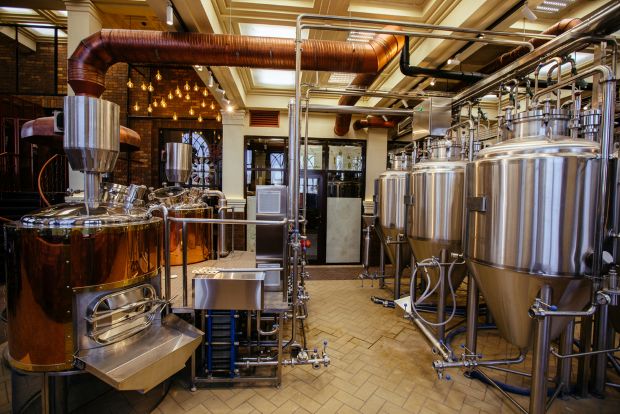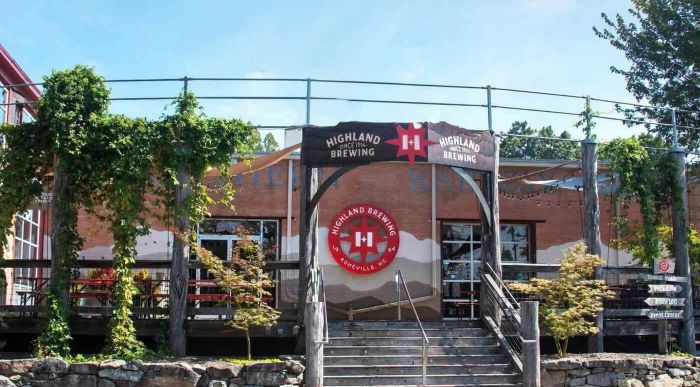Major Brewers Slash Jobs in Latest Round of Layoffs
Major Brewers Slash Jobs in Latest Round of Layoffs

In separate statements last week, two major global brewing companies announced significant workforce reductions as they respond to shrinking demand, higher costs and a need to streamline operations.
Molson Coors Beverage Company
Chicago-based Molson Coors said it will cut approximately 400 salaried jobs across its Americas business — representing about 9% of its Americas workforce — by the end of December.
The company attributed the decision to a challenging market environment: it recently projected a 3-4% drop in full-year net sales and a 12-15% drop in pre-tax earnings, pointing to dip in beer demand and rising input costs, including aluminum tariffs impacting can production.
CEO Rahul Goyal (who stepped into the role at the start of October) said the company must “move with urgency and make bolder decisions” to return to growth.
Molson Coors said that while the job eliminations will take place across the Americas (U.S., Canada, Latin America) it did not immediately specify the breakdown by country or division. The company plans to record restructuring charges of between US $35 million and 50 million in the fourth quarter related to severance and post-employment benefits tied to the cuts.
Molson Coors also indicated that it will refocus on its beer portfolio and expand into adjacent categories such as premium mixers, non-alcoholic beverages and energy drinks as part of its transformation strategy.
Heineken N.V.
Dutch brewing giant Heineken announced that it will cut around 400 jobs at its Amsterdam headquarters as it advances its “EverGreen 2030” five-year growth strategy.
The jobs will be cut partly by relocating some positions into the company’s shared-services unit, Heineken Business Services, starting in 2026; others will be eliminated altogether. The company says the move aims to reduce complexity, speed decision-making and empower its teams.
Heineken pointed to a “dynamic beer market” and noted that organic beer-volume for H1 2025 was down 1.2% from H1 2024 — with declines in the U.S., parts of Europe and Brazil offsetting growth in markets such as Vietnam, India and Mexico.
The company previously cut 8,000 jobs in 2021.
Industry Context & Implications
Together, these announcements signal that large brewing companies are bracing for a prolonged period of pressure. Key trends include:
- Slowing demand: Consumers are shifting preferences away from traditional beer in some markets, opting for alternatives or reducing consumption.
- Rising cost pressure: Input costs (such as aluminum for cans, energy, commodities) and tariffs are squeezing margins — for example, Molson Coors cited “higher-than-expected indirect tariff impacts” on aluminum cans.
- Need for agility: Both companies emphasized streamlining operations, reducing layers of management or complexity, and accelerating decision-making in order to respond to market changes faster.
- Shift in beverage mix: They are moving into non-beer categories or premium segments (non-alcoholic drinks, mixers, energy drinks), betting that future growth will lie beyond core beer brands.
For employees, the cuts are significant.
While both companies have stated that salaried roles are most heavily impacted, the geographic spread and full job categories affected have not been fully detailed. Employees in Canada, the U.S., Latin America and headquarters‐based roles are among those impacted.
Analysts say investors will be watching how well the companies execute on cost savings, restructure effectively and reposition products — because in a mature global beer market, volume growth is hard to come by and margin protection becomes critical.
###



















